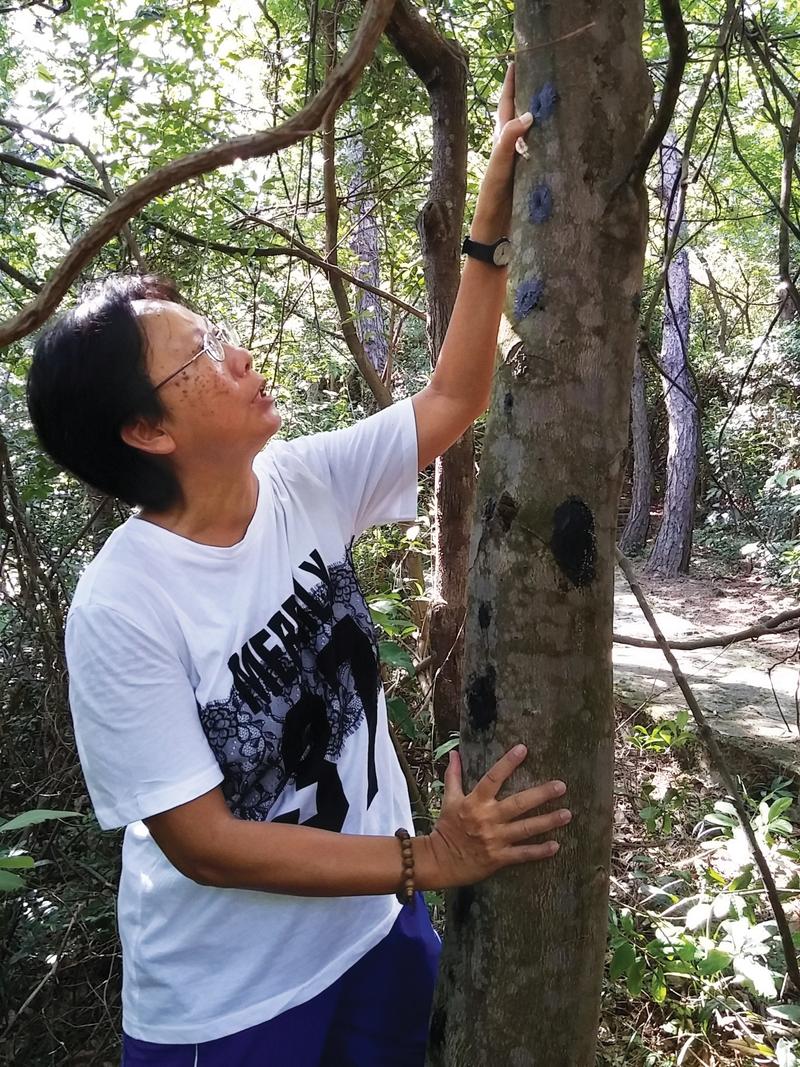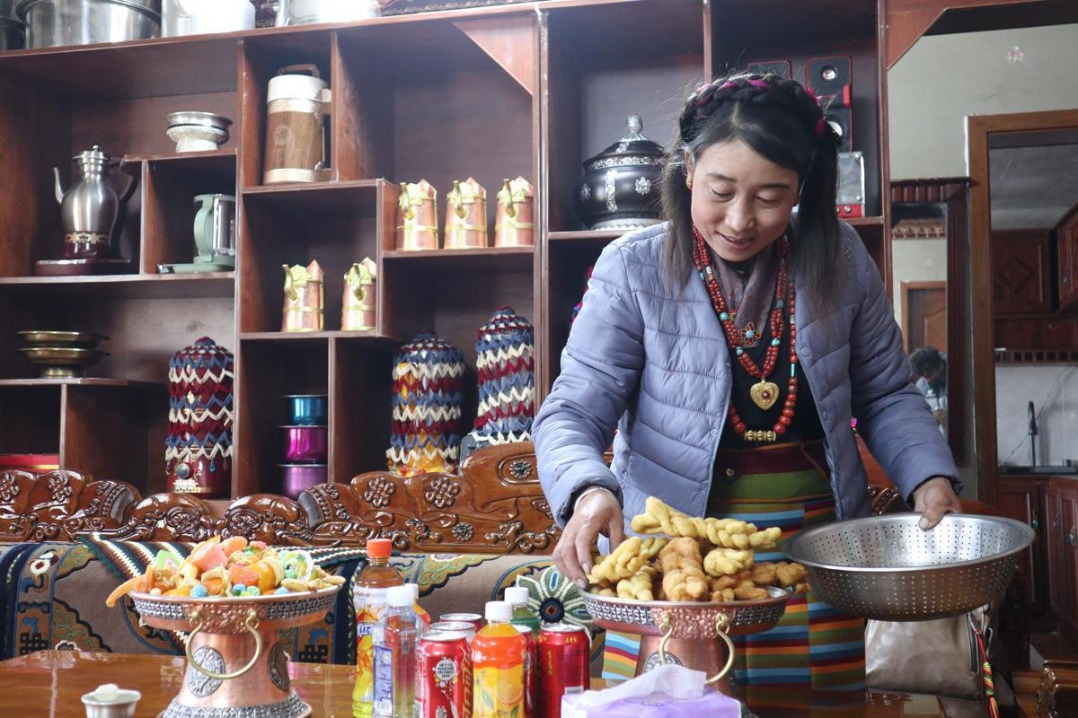Fragrant memories

Hong Kong took its name 'fragrant harbor' from the incense trees that grow here. The trees are now almost gone because of human predators. Dara Wang reports on the efforts to save the trees that remain.

In a summer afternoon of 2015, Ho Pui-han snapped a picture of two poachers as they were just getting into a car and ready to leave an Aquilaria sinensis forest. Left with no time to put away her phone, she saw the vehicle, 200 meters away, hurtling toward her.
"My whole body was trembling," she recalled.
Luckily, a mini-bus driving ahead of the car stopped beside her. Ho jumped onto it, making a narrow escape.
The Aquilaria sinensis is an evergreen medicinal tree used in making incense that grows in the lowlands of southern China and other subtropical regions. Its product, fragment wood, is worth up to HK$60,000 (US$7,738) per gram. Like other precious commodities worldwide, it attracts poachers.
Opulent potential profits from the Aquilaria sinensis and poorly written laws have brought poachers like a plague — poachers prepared to take the lives of others to protect their ill-gotten gains. They also pose a threat to the very existence of the endangered trees. Ho is undeterred. She carries on with her efforts to protect the trees even though she may be putting her life at risk.
Ho recalled encountering the two poachers one afternoon, while patrolling the incense tree forest around Hok Tau village, 10 kilometers from the boundary between Hong Kong and Shenzhen. Two strange people caught her attention. "They took photos of almost every tree they passed and followed tracks where there were no paths at all," she said.
- Record ocean heat in 2025: a deepening climate challenge
- Beijing offers free two-dose bivalent HPV vaccination for girls
- Hunan students craft opera headpieces from recycled materials
- Haidian police crackdown on campus fraud with new safety model
- Several BRICS countries to conduct maritime military exercises near South Africa
- Shanghai to launch year-long global food festival in 2026




































